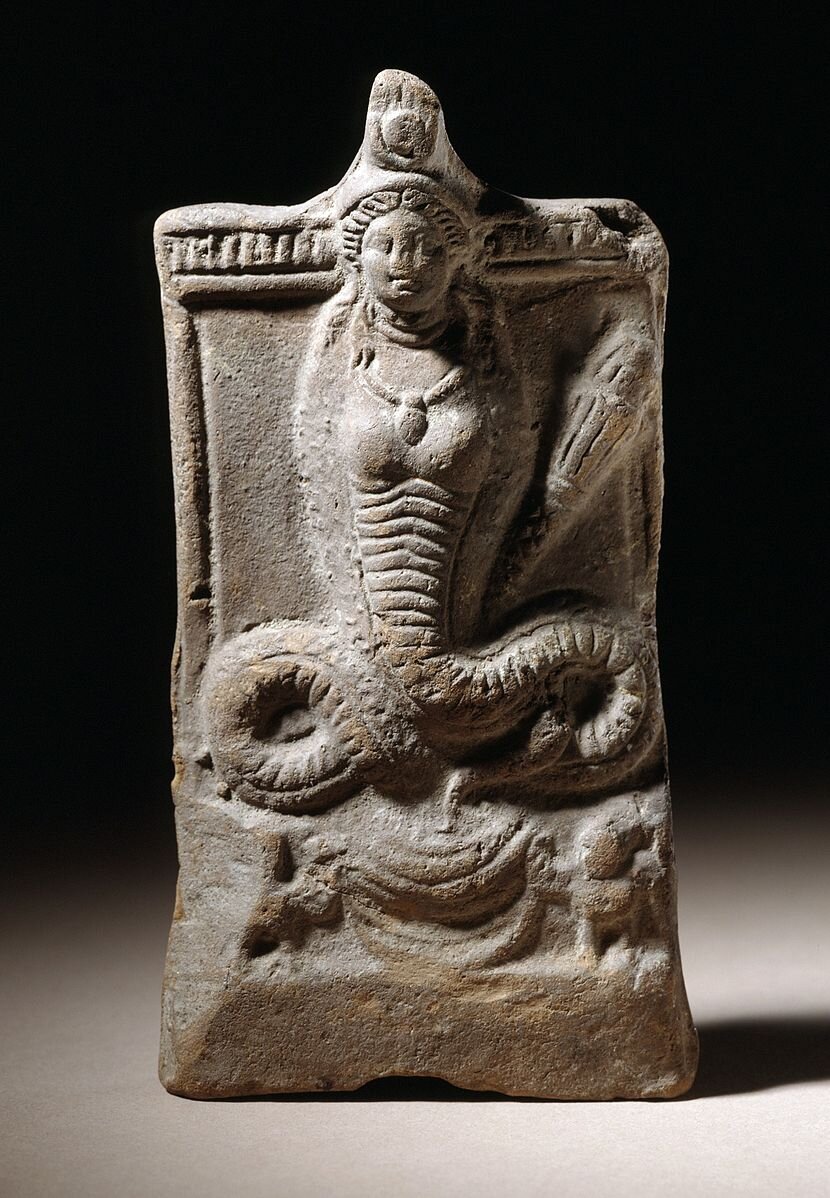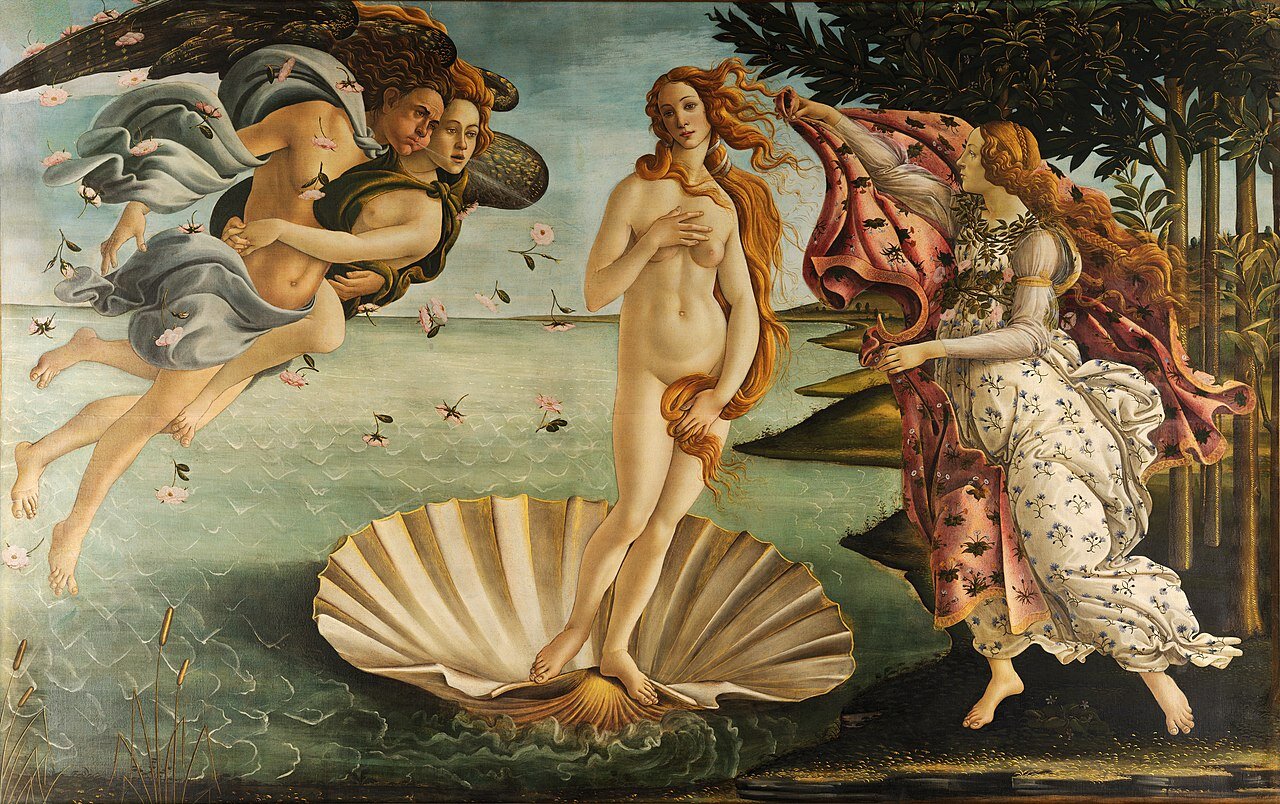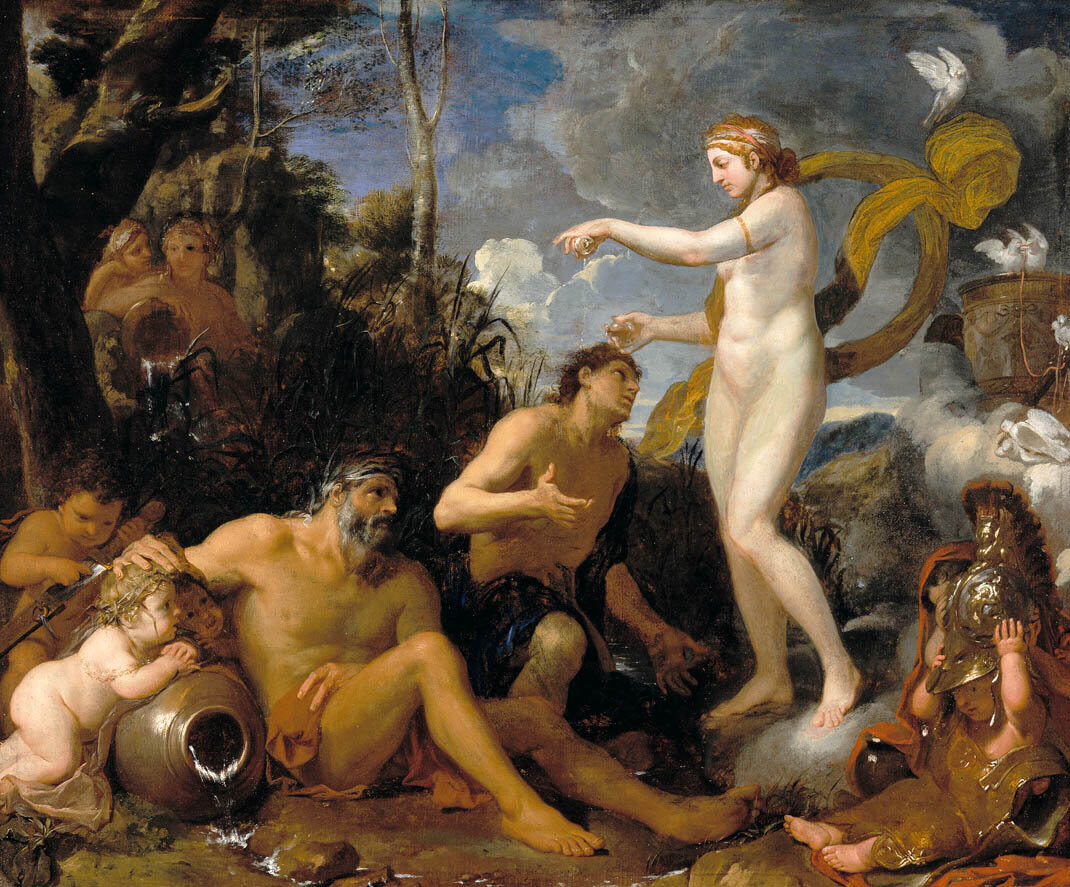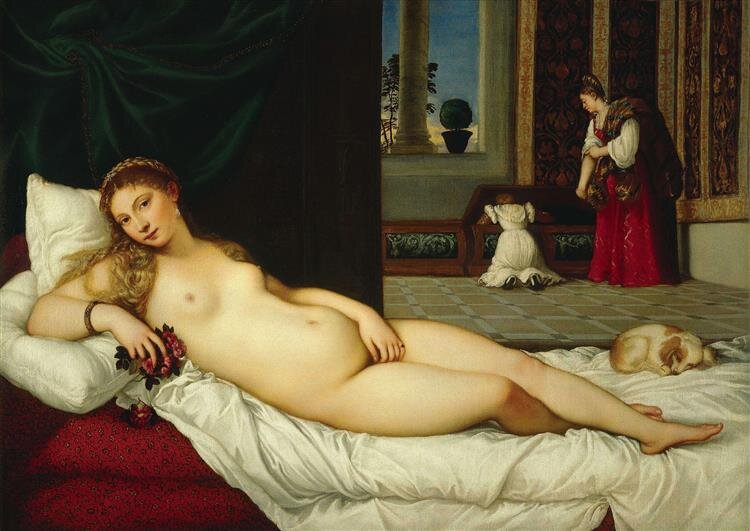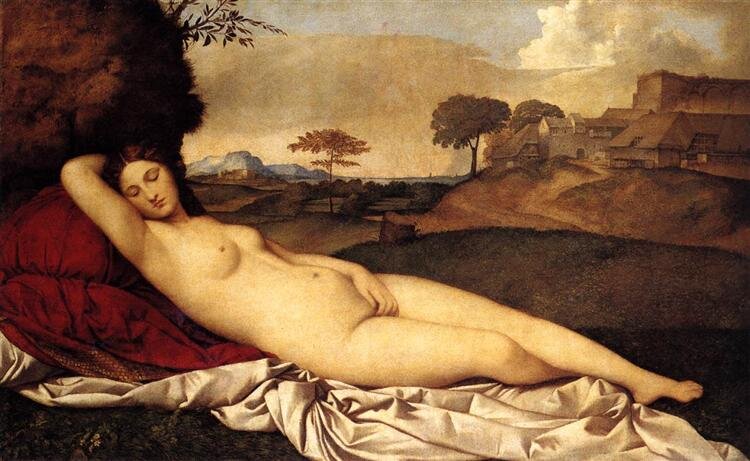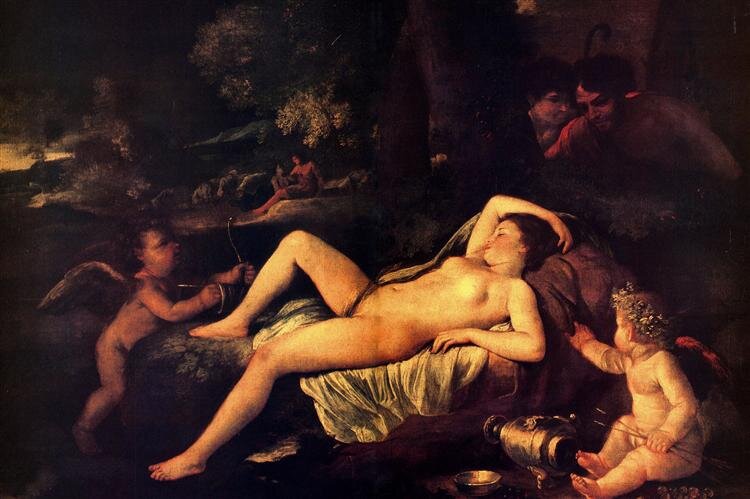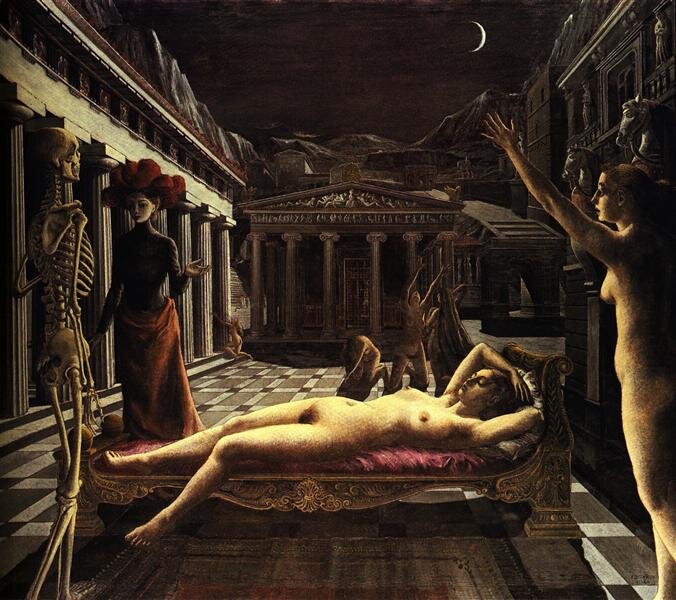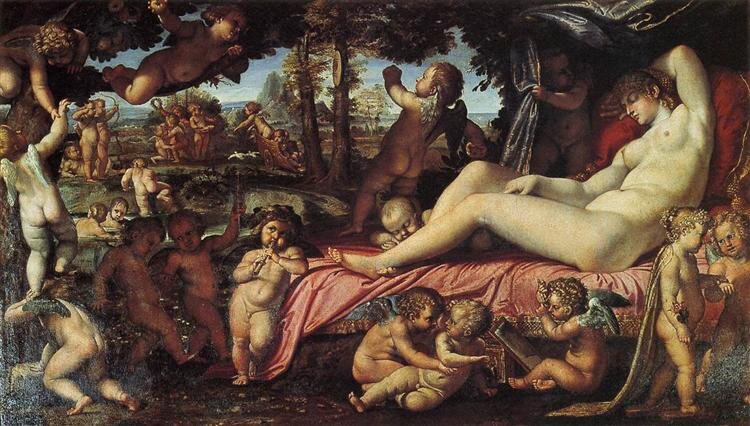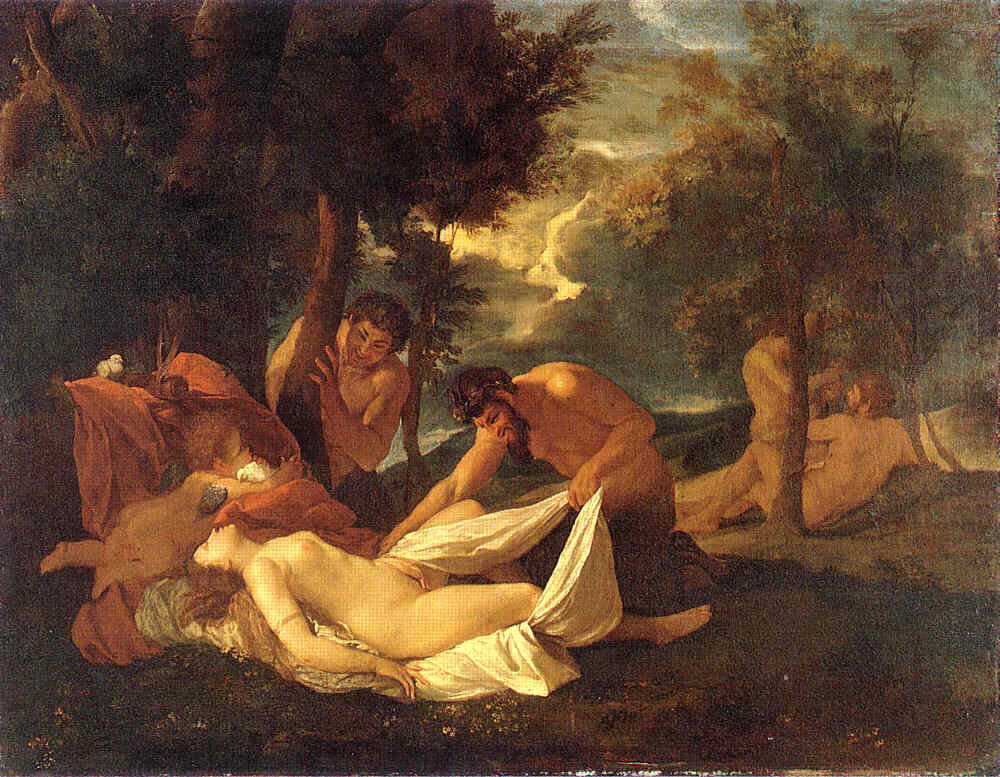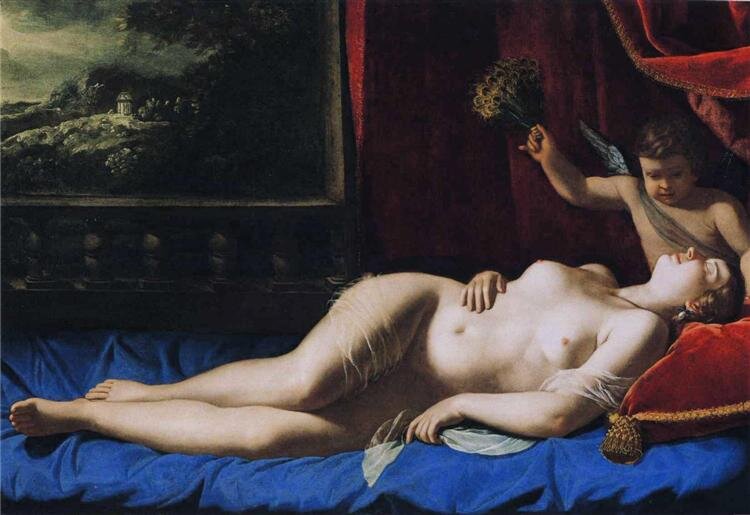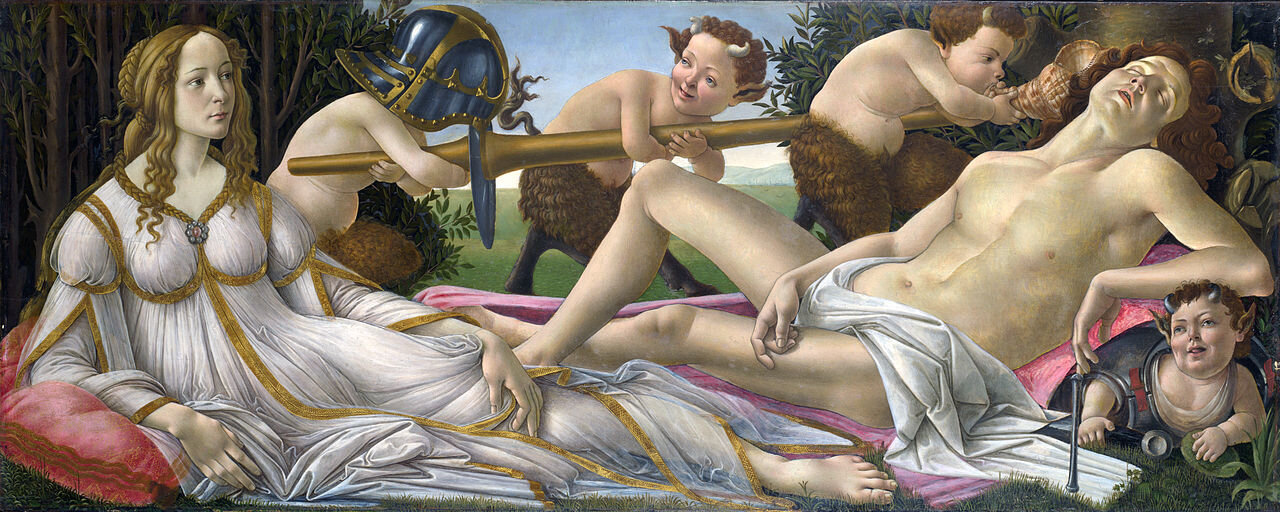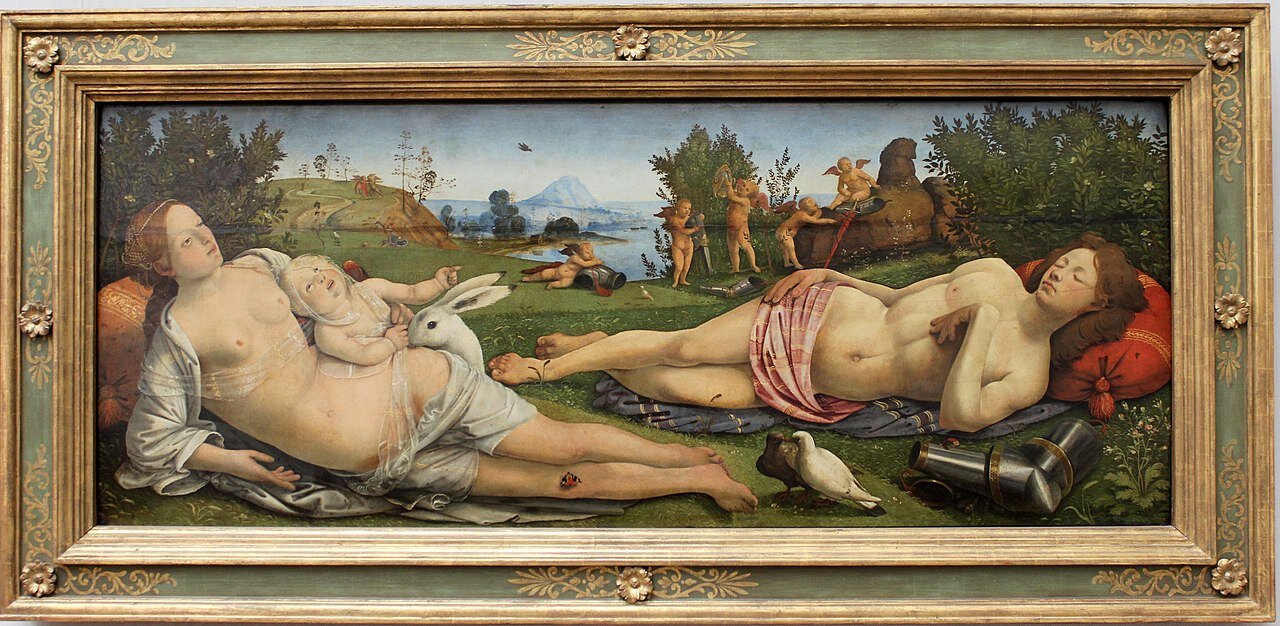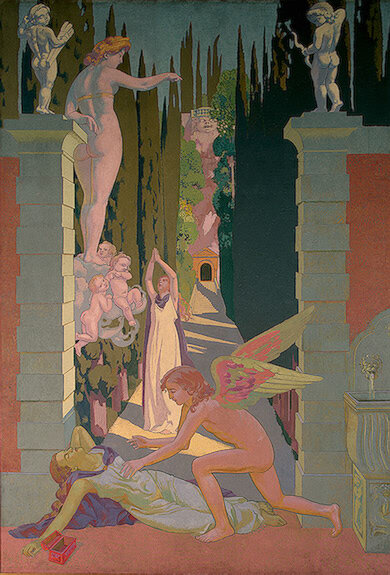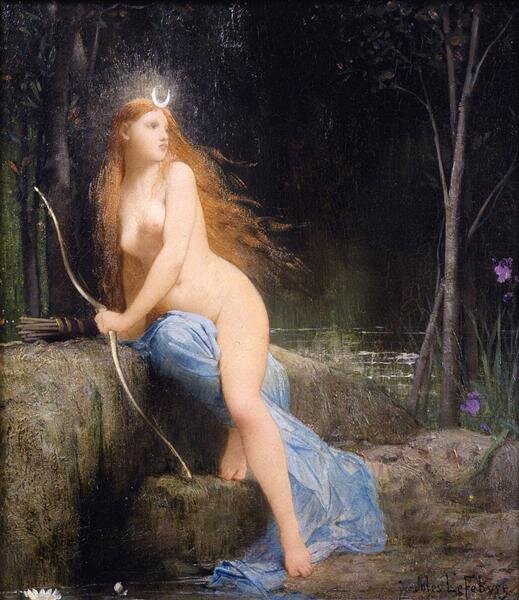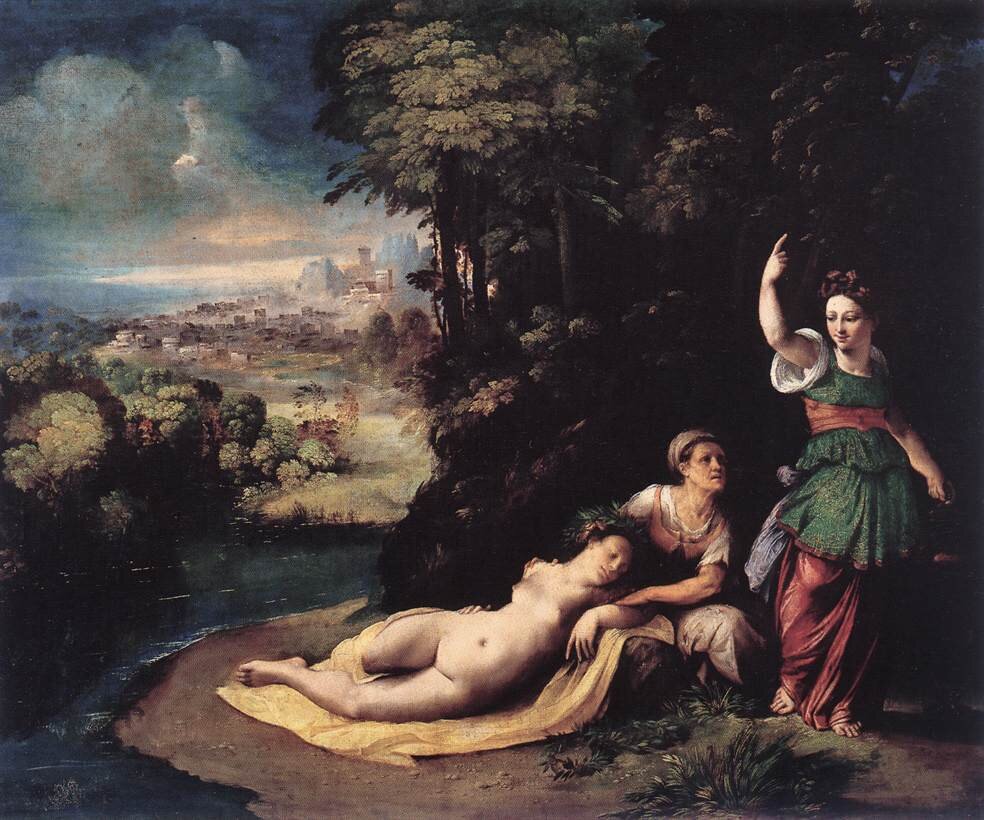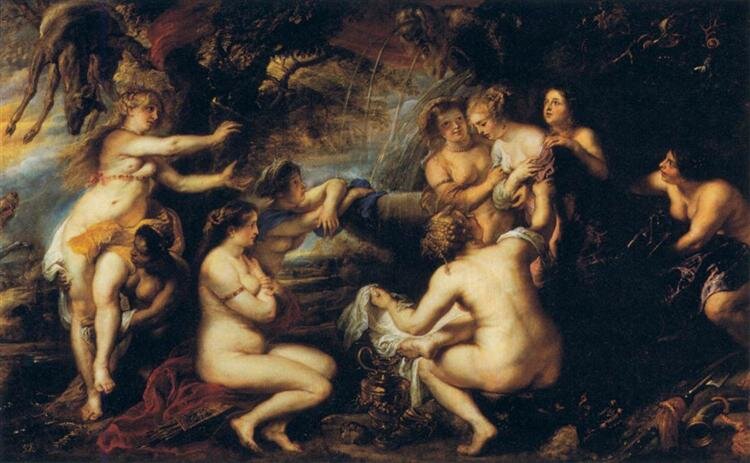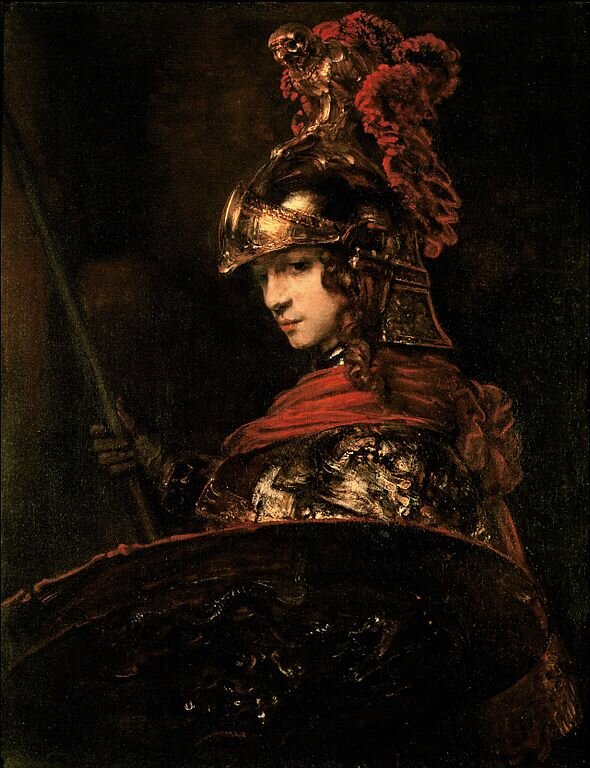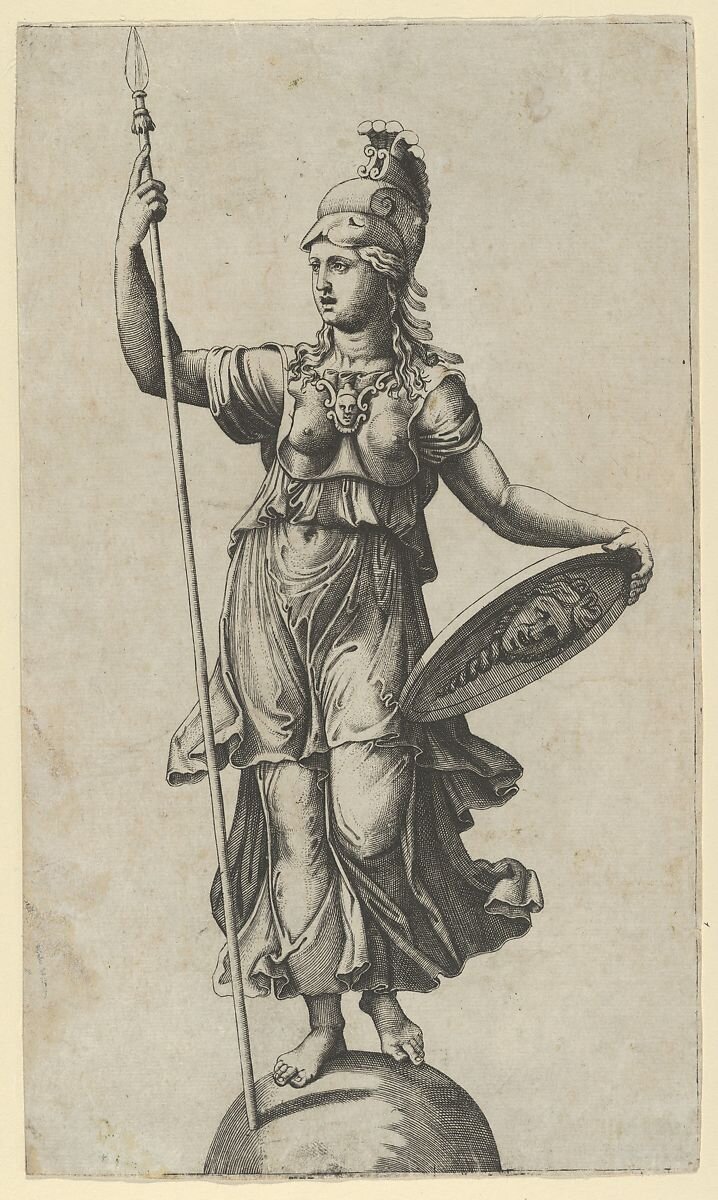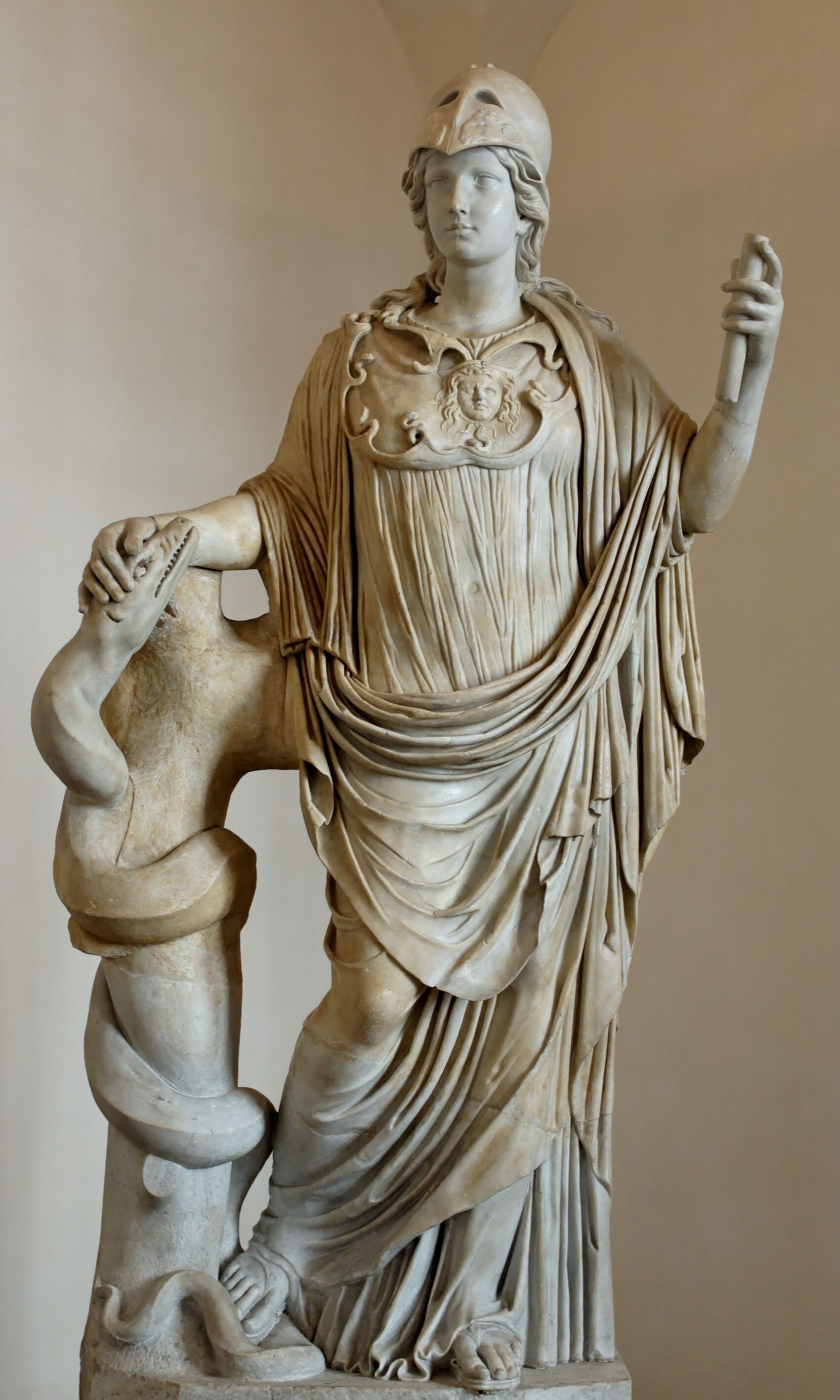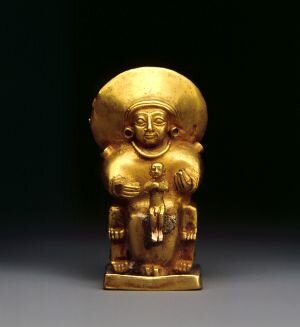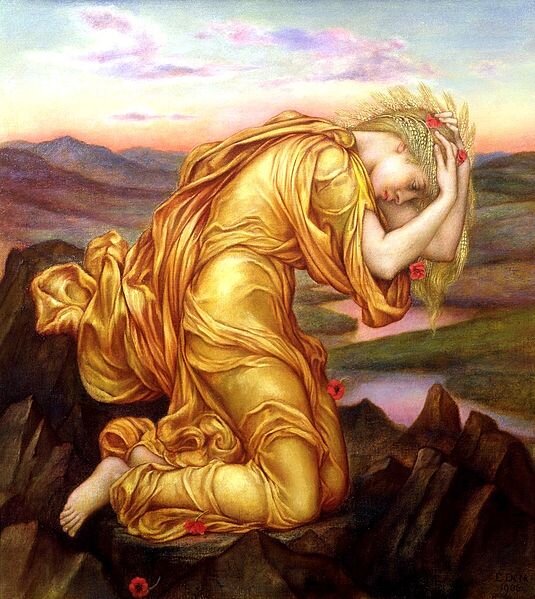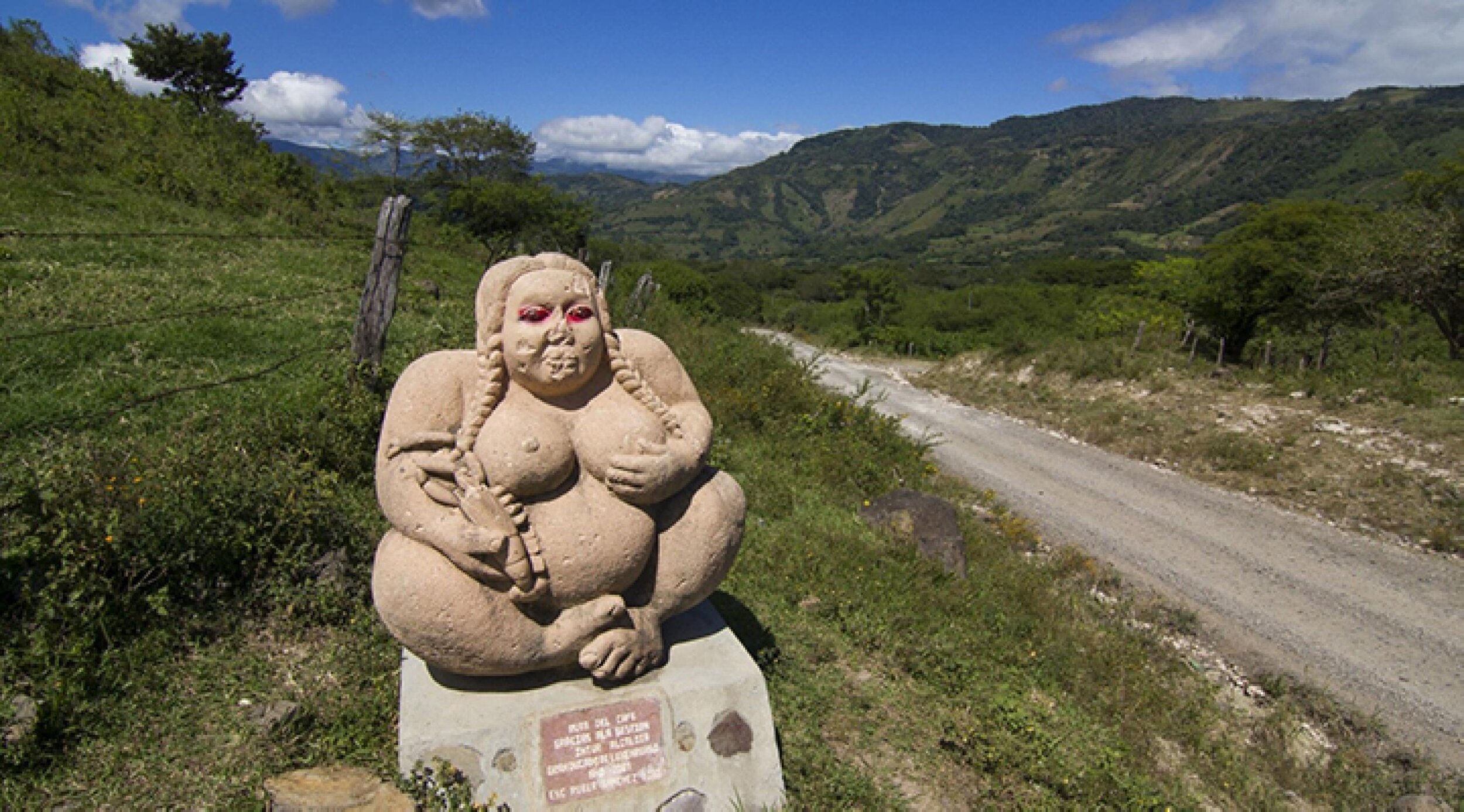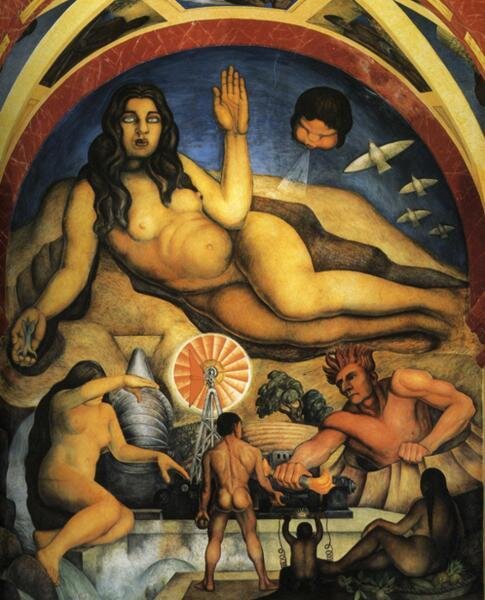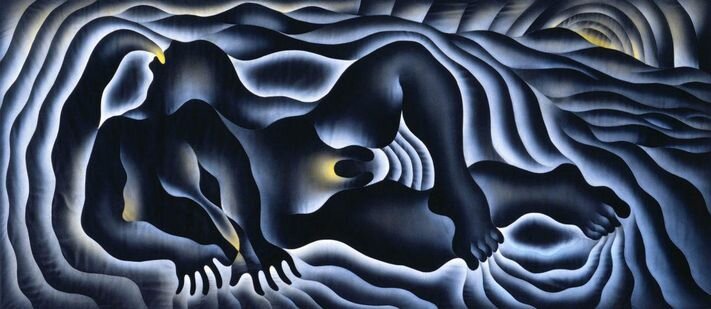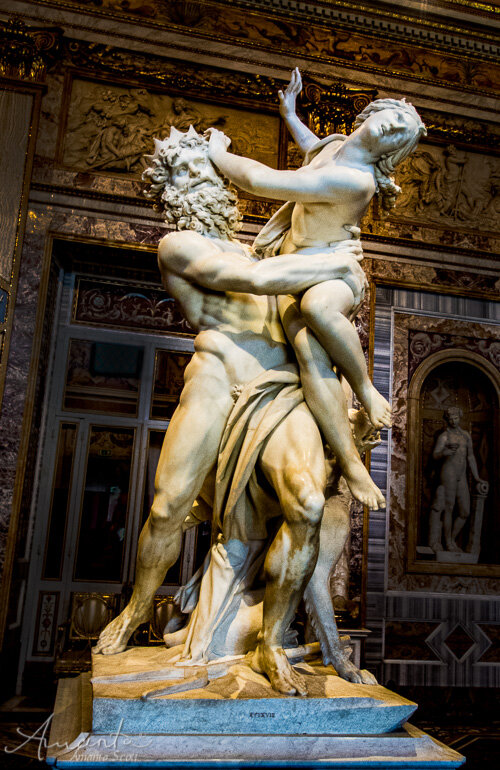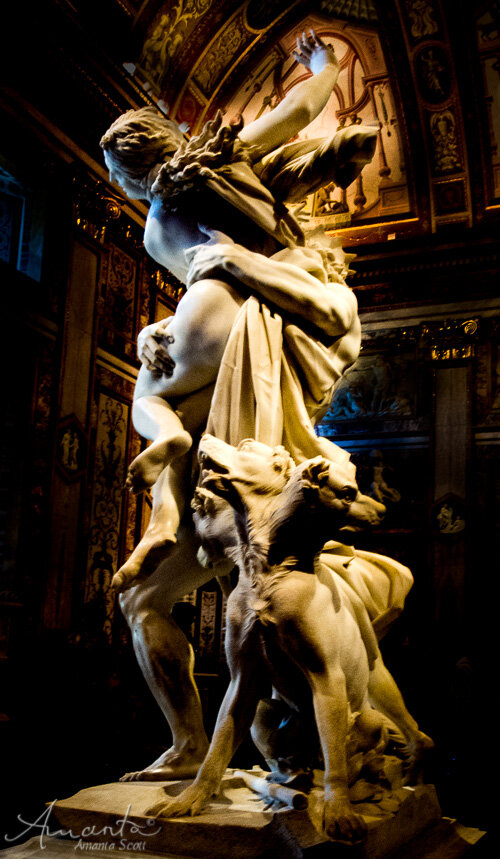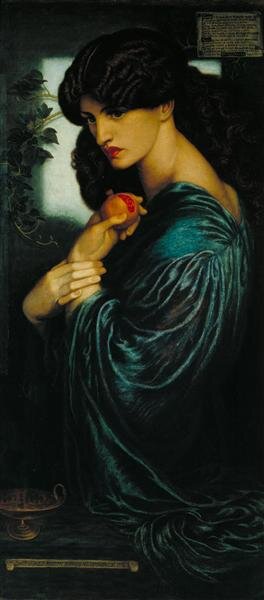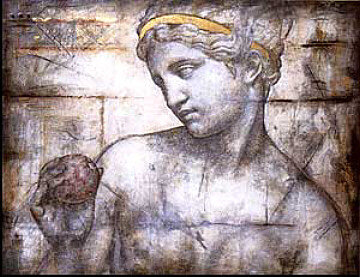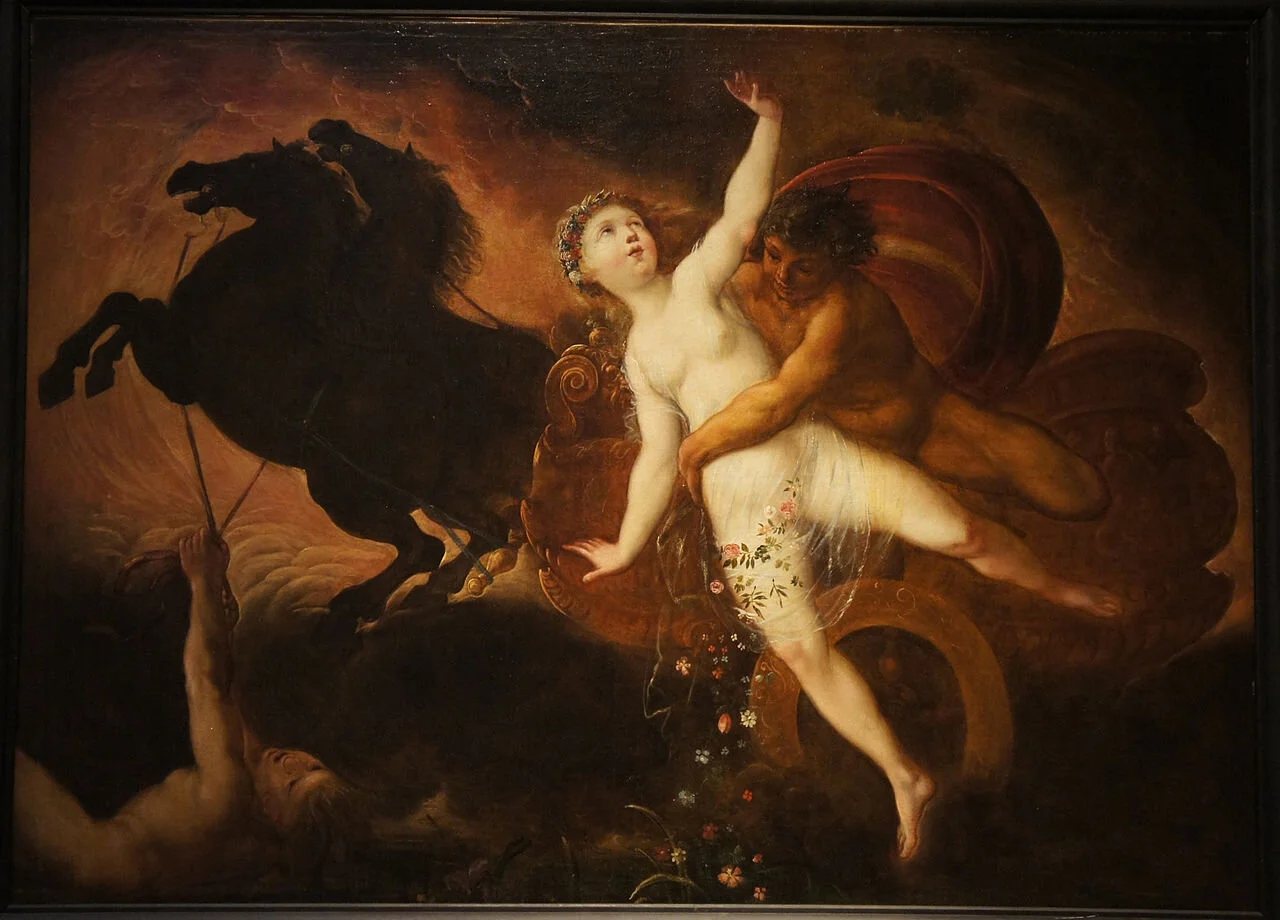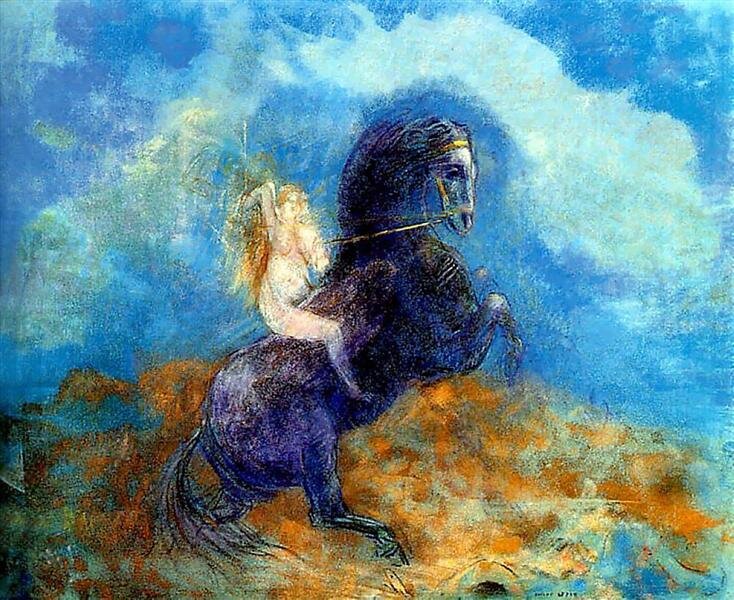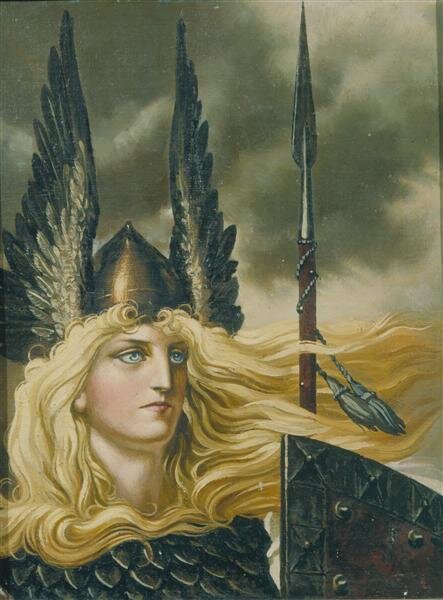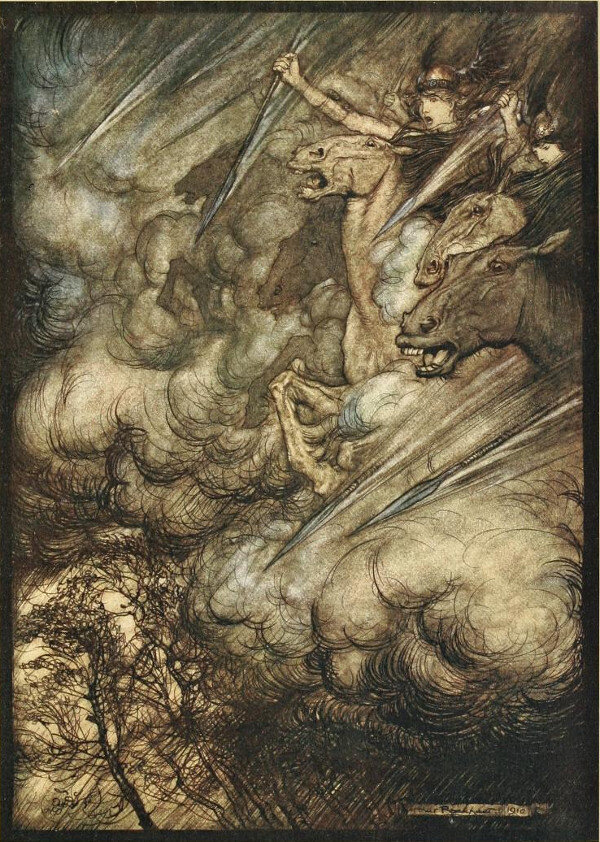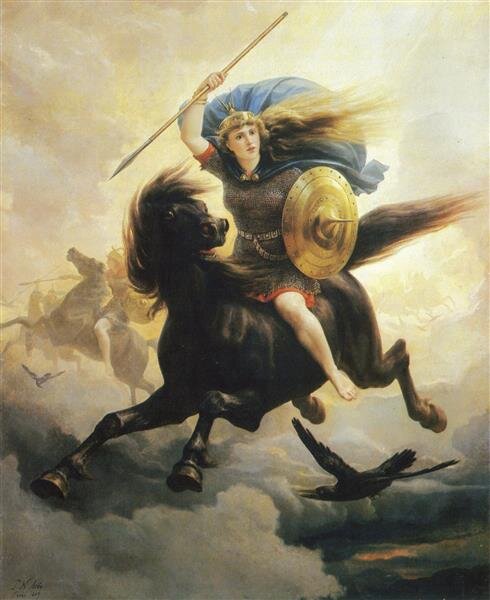Goddesses
Love/sexuality
Venus - (Roman) Goddess of love, beauty, desire, sexuality, fertility, prosperity, truth seeking, and victory. In Greek mythology she was known as Aphrodite. Venus-Aphrodite was born of sea-foam, which represented the watery, fluid, yielding aspect of the female personality. Venus was the mother of Cupid, the god of love.
Suadela - (Roman) Goddess of persuasion, seduction and romance.
Protectors/ Avengers
Artemis - (Greek) Goddess of the hunt and moon, protector of women and children
Diana - (Roman) Goddess of the hunt and moon
Luna - (Roman) Goddess of the Moon
Selene - (Greek) Goddess of the Moon
Cerridwen - (Irish) Goddess of the moon, magic, agriculture, poetry, music, art and science.
Macha - (Irish) Goddess of the Wild; battles against injustice to woman and children
Wisdom & War
Athena - (Greek) Goddess of wisdom, poetry, art and war strategy
Minerva - (Roman) Goddess of wisdom, commerce, poetry and strategic warfare
Sulis - (Celtic) Goddess of Wisdom and Decisions; also associated with the Sun; Law and Sight
Nike - Goddess of victory
mother/ supreme goddess
Gaia/Mother Earth - (Greek) primordial Goddess of the Earth; ancestral mother of all life
Hathor - (Egyptian) Goddess, Mother/Consort of sun god Ra and sky god Horus; mother of the pharaohs; Creator of the World
Rhea - (Greek) Goddess of nature, known as mother of gods
Demeter - (Greek) Goddess of agriculture, Mother of Persephone
Ceres - (Roman) Goddess of Agriculture and Motherhood
Bona Dea - (Roman) Ancient Goddess of fertility and healing
Hera - (Greek) Queen of the Gods, Goddess of the Goddesses
Juno - (Roman) Queen of Goddesses
life/death; The Underworld
Persephone - (Greek) Goddess of the Vegetation and Queen of the Dead, Daughter of Demeter
Proserpina - (Roman) Queen of the Dead and Goddess of the Grain, Daughter of Demeter
Kore - (Roman) Daughter of Demeter,
Hathor - (Egyptian) Goddess, Mother/Consort of sun god Ra and sky god Horus; mother of the pharaohs
Isis - (Egyptian) Goddess of the Afterlife, Divine Mother of the Pharaoh
Hecate - (Greek) Goddess of magic, crossroads and the moon, witchcraft and the dead
Sheela Na Gig - (Celtic) Hag/Crone/Mermaid, often depicted holding open her vulva as gateway to life and death - found above doorways on cathedrals and castles all over Europe
Morai - Three Fates
Clotho - spins the thread of life;
Lachesis - measures the thread of life, and determines destiny
Atropos - chooses how a person dies and ends their life by cutting their thread
Rhiannon - (Welsh) Celtic Goddesses of fertility, the moon, night and death. The name "Rhiannon" means “night queen.”
Ereshkigal - (Mesopotamian) Goddess of the Underworld
The first myth featuring Ereshkigal is described in the ancient Sumerian epic poem of "Inanna's Descent to the Underworld." In the poem, the goddess Inanna descends into the Underworld, apparently seeking to extend her powers there. Ereshkigal is described as being Inanna's older sister. When Neti, the gatekeeper of the Underworld, informs Ereshkigal that Inanna is at the gates of the Underworld, demanding to be let in, Ereshkigal responds by ordering Neti to bolt the seven gates of the Underworld and to open each gate separately, but only after Inanna has removed one article of clothing. Inanna proceeds through each gate, removing one article of clothing at each gate. Finally, once she has gone through all seven gates she finds herself naked and powerless because she lost one of her magic items to a nymph, standing before the throne of Ereshkigal. The seven judges of the Underworld judge Inanna and declare her to be guilty. Inanna is struck dead and her dead corpse is hung on a hook in the Underworld for everyone to see. Inanna's minister, Ninshubur, however, pleads with Enki and Enki agrees to rescue Inanna from the Underworld. Enki sends two sexless beings down to the Underworld to revive Inanna with the food and water of life. The sexless beings escort Inanna up from the Underworld, but a horde of angry demons follow Inanna back up from the Underworld, demanding to take someone else down to the Underworld as Inanna's replacement. When Inanna discovers that her husband, Dumuzid, has not mourned her death, she becomes ireful towards him and orders the demons to take Dumuzid as her replacement. — Wikipedia
snakes; healing; mystery; magic; witchcraft
Hygieia - (Greek) Goddess of health and sanitation
Hecate - (Greek) Goddess of magic, crossroads and the moon, witchcraft and the dead
Circe - (Greek) Goddess of magic
Ceto - primordial sea monster Goddess
Angita - (Marsi) Goddess associated with snake charmers
Cerridwen - (Irish) Keeper of the cauldron, goddess of the moon, magic, agriculture, poetry, music, art and science.
Morrigan - (Irish) Crow goddess associated with war and death. She is queen of phantoms, demons, shape-shifters and witches.
Nyx - Goddess of the night
Nature
Ariadne - (Minoan) Goddess of Vegetation
“In Minoan Crete, the “divine child” was related to the female vegetation divinity Ariadne who died every year.
An image plate from the first palace of Phaistos, seems to be very close to the mythical image of the Anodos (ascent) of Persephone. The goddess is bordered by snake lines.”
Hathor - (Egyptian) Goddess, Mother/Consort of sun god Ra and sky god Horus; mother of the pharaohs; Creator of the world
Persephone - (Greek) Goddess of the Vegetation and Queen of the Dead
Proserpina - (Roman) Queen of the Dead and Goddess of the Grain
Flora - (Roman) Goddess of Flowers and Spring
Cybele - Goddess of caverns, mountains, nature and wild animals
Salacia - Goddess of Salt Water
Styx - Goddess of the river Styx
Pleiades (Greek)
Maia - Goddess of the fields (one of the seven Pleiades)
Sterope
Taygete
Home
Hestia - (Greek) Goddess of the hearth, home and family
Vesta - (Roman) Virgin Goddess of Family, home and hearth
Justice
Metis - (Greek) Goddess of Wisdom
Ma’at - (Egyptian) Goddess of truth and justice
Themis - (Greek) Goddess of law and divine order
The Three Graces - Triple Goddesses of retribution and vengeance
Nemesis - Goddess of retribution and vengeance
Pheme - Goddess of fame and scandal
Mania - (Greek) Goddess of insanity, madness and the dead
Libera - (Roman) Goddess of Wine
Tyche - Goddess of prosperity and fortune
Valkyries
The Arts
Cerridwen - (Irish) Keeper of the cauldron, goddess of the moon, magic, agriculture, poetry, music, art and science.
Muses - (Greek) Goddesses of the Arts, secondary goddesses
Calliope - muse of epic poetry; wisest of all the muses
Clio - muse of history
Melpomene - muse of singing and tragedy
Erato - muse of love and erotic poetry
Polyhymnia - muse of sacred poetry, hymn, dance, pantomime and eloquence
Terpsichore - muse of dance and chorus
Thalia - muse of comedy
Urania - muse of astronomy and astrology
References
- The Larousse Encyclopedia of Mythology, The Hamlyn Publishing Group, 1959
- https://www.ancienthistorylists.com/rome-history/top-10-ancient-roman-goddesses/
- https://en.wikipedia.org/wiki/Bona_Dea
- https://en.wikipedia.org/wiki/List_of_Roman_deities
- https://en.wikipedia.org/wiki/Proserpina
- https://en.wikipedia.org/wiki/Persephone
- https://en.wikipedia.org/wiki/Ereshkigal
- https://en.wikipedia.org/wiki/Suadela
- https://en.wikipedia.org/wiki/Sulis
- https://en.wikipedia.org/wiki/Hathor
- https://en.wikipedia.org/wiki/Gaia
- https://en.wikipedia.org/wiki/Sheela_na_gig
- https://en.wikipedia.org/wiki/Muses
- https://en.wikipedia.org/wiki/Persephone
